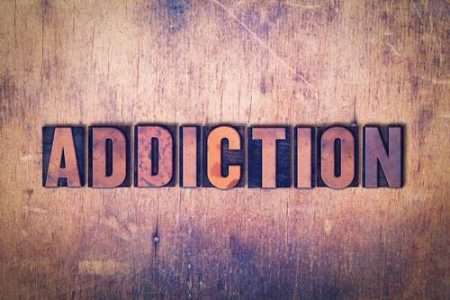Where there is addiction, there is usually enabling by those close to the addicted person. What is enabling?
It is shielding the addicted person from the natural consequences of their addictive behaviour. Examples of this might be: giving them money to buy drugs or pay off debts: fulfilling commitments that the addicted person cannot honour; or even bailing them out of jail. It happens a lot and it is usually the result of strong and confused feelings (fear, guilt, anger, and despair) that loved ones have towards the addicted person in their midst.
Enabling behaviour often starts through a well intentioned desire to help, but can quickly turn into crisis management and desperation.
Fear of the consequences of not enabling can be huge: for example, a wife might cover up for a husband not attending his work, for fear of him losing his job. (But losing a job is in fact where reality starts for many and can be a big incentive to seeking recovery).
Often there is a difficult choice to make, when deciding not to enable, between short term pain and long term misery.
Anyone who has lived closely with an addicted person should consider the word co-dependence. If you spend the day worrying about what your addicted husband will be like when he comes home and how you will react, if you feel that you can only be happy when they (the addict) is happy and if you are driven to rage at their behaviour, monitoring their intake and cleaning up after them every day, then you are most probably codependent.
You end up simply reacting to another’s moods and actions. It is no way to live.
Families often do not realise that codependency is happening and how their enabling behaviour is developing. Some family members may even be content to take on an enabling role – as nursemaid or protector, because it gives them the feeling of being needed.
Codependents are basically sacrificing themselves to the needs of others, taking responsibility for their problems.
A vital step in the recovery process is for family members and loved ones to recognise what has been happening – that addiction is a family disease and that they have all in some way been affected by it. From that it follows that they will need to make some form of recovery themselves, just like the addict, because they may be as sick as them or even sicker.
Many families benefit by going to Alanon, the 12 step fellowship for families of addicts, where they can learn from the examples of others and receive support. Other loved ones get special counseling to help them.
One thing is for sure, a process of change will need to happen for most families or others who are close to the addict. It is called ‘tough love’.


